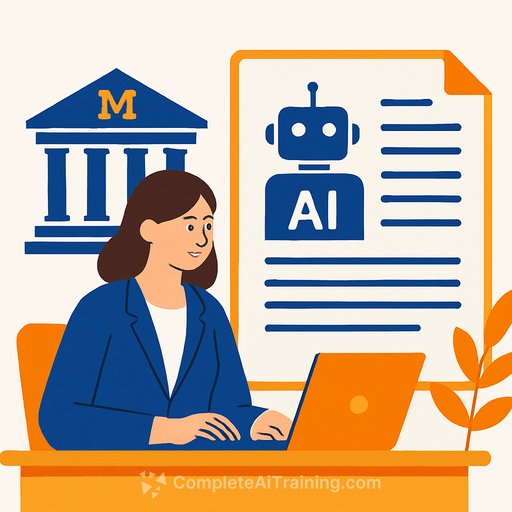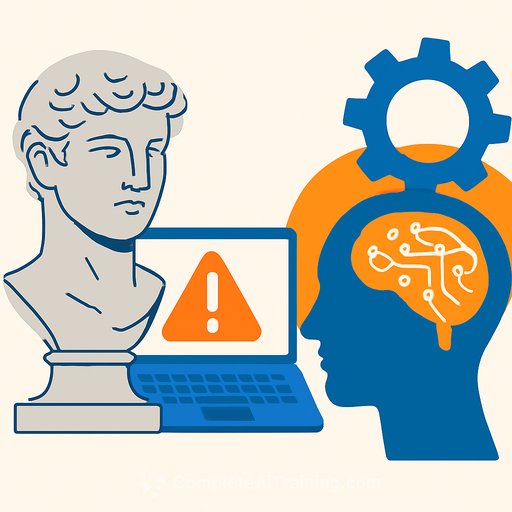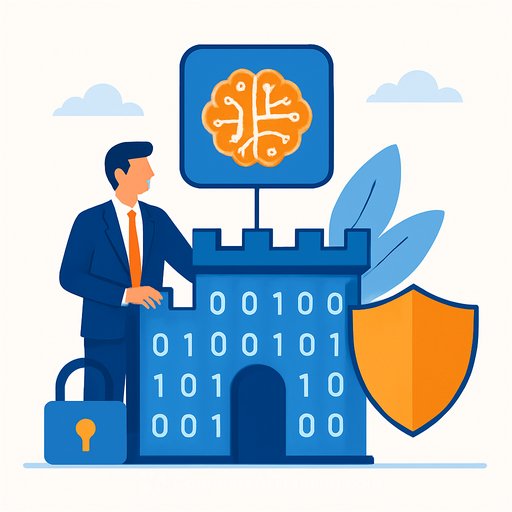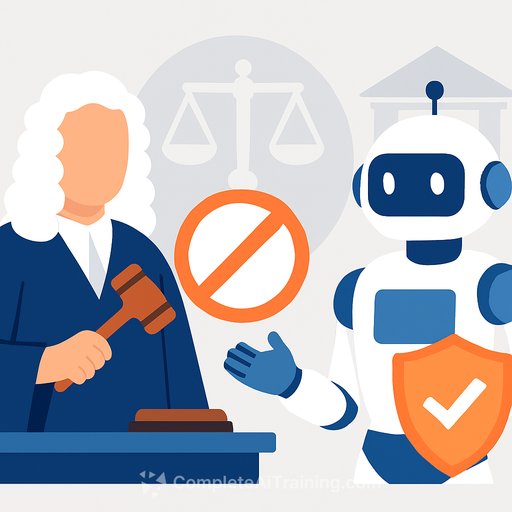University of Michigan Law School Mandates AI Use in Admissions Essays
After initially banning the use of generative AI in admissions essays in 2023, the University of Michigan Law School has shifted its approach. For the upcoming admissions cycle, applicants are required to use AI for at least one optional supplemental essay. This new essay prompt asks candidates to reflect on their current use of AI tools and predict how they expect to use them by the time they graduate.
The prompt reads: “TO BE ANSWERED USING GENERATIVE AI: How much do you use generative AI tools such as ChatGPT right now? What’s your prediction for how much you will use them by the time you graduate from law school? Why?” Applicants may submit up to two supplemental essays, choosing from ten different prompts.
Rationale Behind the AI Essay Requirement
Sarah Zearfoss, senior assistant dean at the law school, explained that the question stems from observations of AI’s growing role in legal practice. Law firms increasingly use AI for drafting emails and motions. According to a recent American Bar Association survey, 30% of law firms overall and 46% of firms with more than 100 employees reported using AI tools.
However, challenges remain. Lawyers have faced sanctions for AI-generated filings containing fabricated cases and quotations. This highlights the need to assess whether prospective students can use AI responsibly and effectively—a skill that many large law firms now expect from new associates.
Zearfoss said, “That is now a skill that… probably not all legal employers, but big law firms, are looking for in their incoming associates. So I thought it would be interesting: If we have applicants who have that skill, let’s give them an opportunity to demonstrate it.”
It’s important to note that the law school still prohibits AI use in personal statements and other supplemental essays. This separation allows admissions officers to compare applicants’ writing with and without AI assistance.
Is AI Use Becoming Essential in Legal Practice?
Frances M. Green, an attorney specializing in AI, believes that fluency with AI tools will become a baseline requirement for lawyers. Beyond drafting, lawyers will need to understand how to manage AI-generated evidence, such as physician notes synthesized by AI rather than handwritten records.
“I believe lawyers who use AI will replace lawyers who don’t,” Green said, noting that even judges in some jurisdictions encourage the use of AI tools.
Still, Green expressed some reservations about how the Michigan prompt is worded. She worries that applicants might misrepresent their AI use to match what they think admissions officers want to hear.
On the other hand, Melanie Dusseau, an English professor critical of AI, questioned the value of the prompt. She argued that law school applications should primarily showcase a student’s writing skills, logic, and rhetorical ability—not their skill in prompting AI tools. She emphasized that persuasive writing remains essential for future lawyers.
Looking Ahead
Zearfoss herself is not a heavy AI user. She collaborated with Professor Patrick Barry, who teaches a course on lawyering in the age of AI, to craft the essay question. She expects the essays to reveal diverse perspectives on AI use that would otherwise go unnoticed.
“I’m always excited when an essay teaches me something, but I don’t really expect that—it’s sort of a bonus, right? But I think with this particular prompt, I assume a high percentage of the essays will be teaching me something,” she said.
For legal professionals interested in AI applications and how to responsibly integrate these tools, exploring AI training resources can be valuable. For example, Complete AI Training offers courses specifically aimed at legal professionals seeking to enhance their AI skills.
Your membership also unlocks:





